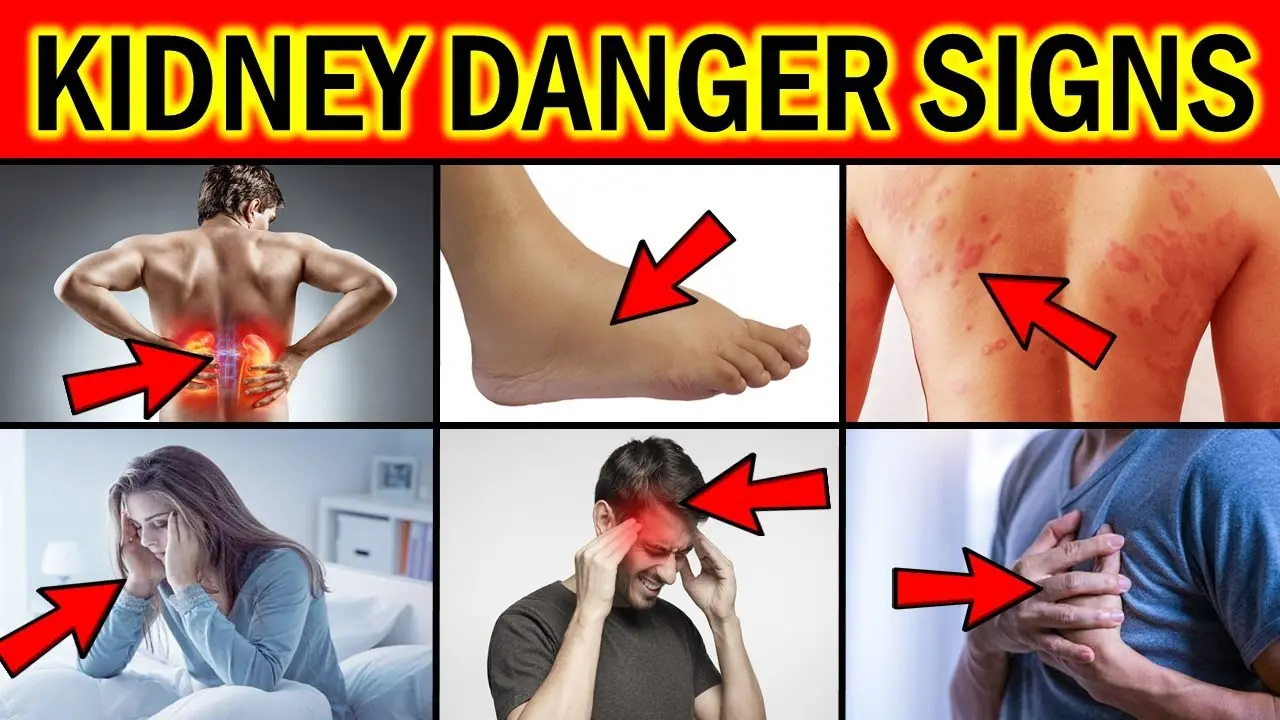
10 Unconventional Signs of Liver Damage You Must Know About
The liver is one of the most important organs in the body. It plays a crucial role in detoxifying the body, processing nutrients from food, and storing energy. Because the liver is so vital, liver damage can have far-reaching effects on overall health. While liver diseases such as hepatitis or cirrhosis may show obvious symptoms like jaundice or abdominal pain, there are also subtle and unconventional signs that can indicate liver damage. These signs are often overlooked, but recognizing them early can be vital to prevent serious complications. Below are 10 unconventional signs of liver damage you must know about.
1. Unexplained Fatigue
Feeling tired all the time is a common symptom of many health conditions, but when the liver is damaged, fatigue can become overwhelming. As the liver struggles to perform its detoxification duties, it can cause a buildup of toxins in the body, leading to persistent tiredness and low energy levels.
2. Dark Urine
The color of your urine can reveal a lot about your health. If your urine is consistently dark, it may indicate liver problems, as the liver is responsible for processing waste products that can be excreted in urine. Dark urine could be a sign that the liver is not filtering toxins properly.
3. Itchy Skin
While itching may seem like a minor issue, if you experience persistent, unexplained itching, it could be linked to liver damage. When the liver cannot properly process bile, bile salts can accumulate in the skin, causing irritation and itching, especially on the palms and soles.
4. Swollen Abdomen
A swollen abdomen, or ascites, occurs when fluid builds up in the abdominal cavity due to liver dysfunction. As the liver becomes more damaged, it can affect the ability to produce proteins that regulate fluid balance, leading to swelling in the abdomen. This is a sign that the liver is not functioning as it should.
5. Loss of Appetite
Liver damage can cause digestive disturbances, leading to a loss of appetite. When the liver isn’t functioning properly, it may not secrete enough bile to digest fats, resulting in nausea or a feeling of fullness, making it difficult to eat.
6. Nausea and Vomiting
Persistent nausea and vomiting, particularly after meals, can be a sign that your liver is in distress. The liver’s inability to process toxins properly can affect the digestive system, leading to discomfort and the urge to vomit, especially after eating fatty foods.
7. Yellowing of the Skin and Eyes (Jaundice)
While jaundice is a common and obvious sign of liver damage, it may not always be the first sign. As liver function declines, it becomes unable to process bilirubin, leading to its buildup in the body. This results in yellowing of the skin and the whites of the eyes, signaling a serious liver issue.
8. Bruising Easily
If you find yourself bruising easily or noticing unusual bruises on your body, it may indicate liver damage. The liver is responsible for producing proteins essential for blood clotting. When the liver is damaged, it may produce less of these proteins, making you more prone to bruising.
9. Changes in Skin Color
In addition to jaundice, liver damage can cause the skin to develop unusual changes in pigmentation. Darker skin areas or a tendency to develop age spots or freckles may be signs of liver stress. This can happen as the liver becomes less efficient at filtering toxins, which can lead to changes in skin tone.
10. Bad Breath (Fetor Hepaticus)
A particularly unusual sign of liver damage is a condition known as "fetor hepaticus" or "liver breath." This refers to a sweet, musty odor on the breath, which is caused by a buildup of toxins in the bloodstream due to impaired liver function. This odor is a serious indicator that the liver is struggling to detoxify the body properly.
Conclusion
The liver is a resilient organ, but it can only handle so much before damage begins to show. While many people are aware of the more common signs of liver disease, such as yellowing of the skin and eyes, there are many unconventional signs that can signal liver damage as well. From fatigue and dark urine to unexplained itching and bad breath, these symptoms should not be ignored. If you notice any of these signs, it is important to consult a healthcare provider to assess liver function and begin treatment if necessary. Early detection and intervention are key to preventing serious liver damage and promoting long-term health.
News in the same category


If Your Body Suddenly Jerks While Falling Asleep, This Is What It Means

If You Eat Eggs Every Day

Vegetables To Clean Your Arteries And Prevent Heart Attack
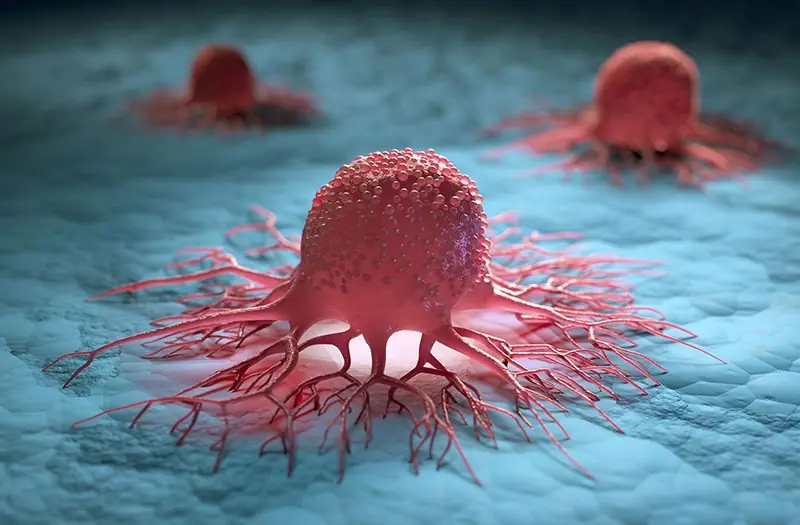
Pain in This Part of the Body Could Indicate Cancer Cells are 'Awakening' – Both Men and Women Shouldn't Ignore It
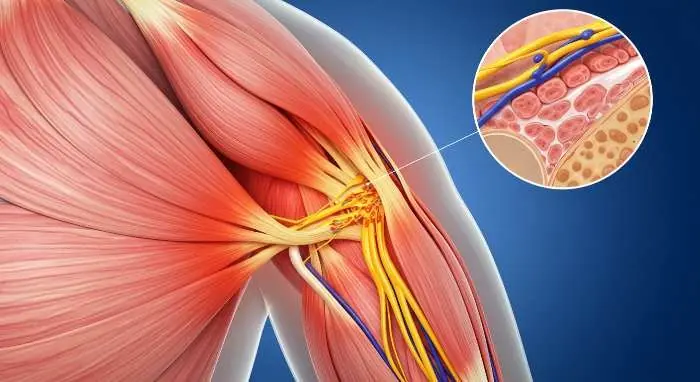
14 Early Warning Signs You're Dangerously Low on Magnesium

Burnout: Tips for Coping When You Can’t Just Quit
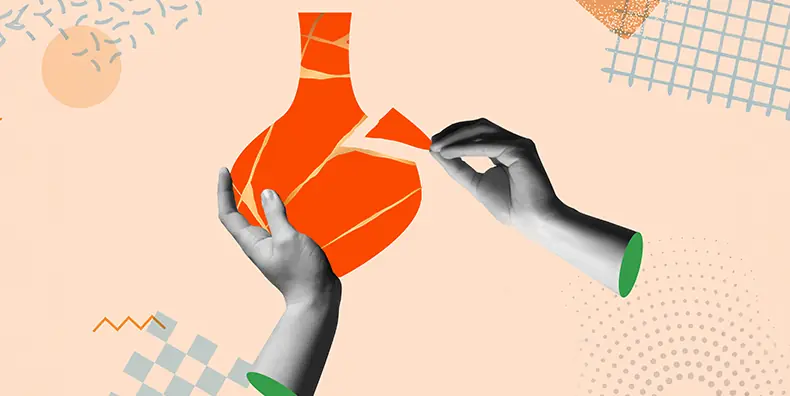
Beautifully Unbroken: Living Fully and Imperfectly With Bipolar
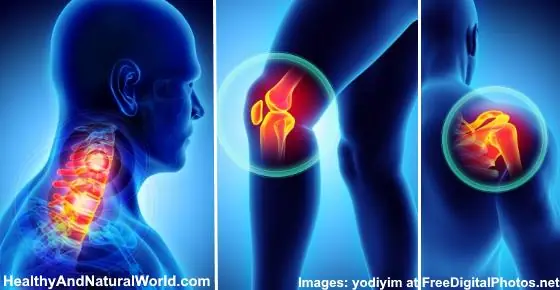
How to Get Rid of Muscle Soreness: Home Remedies That Really Work

15 Common Cancer Symptoms You Shouldn’t Ignore
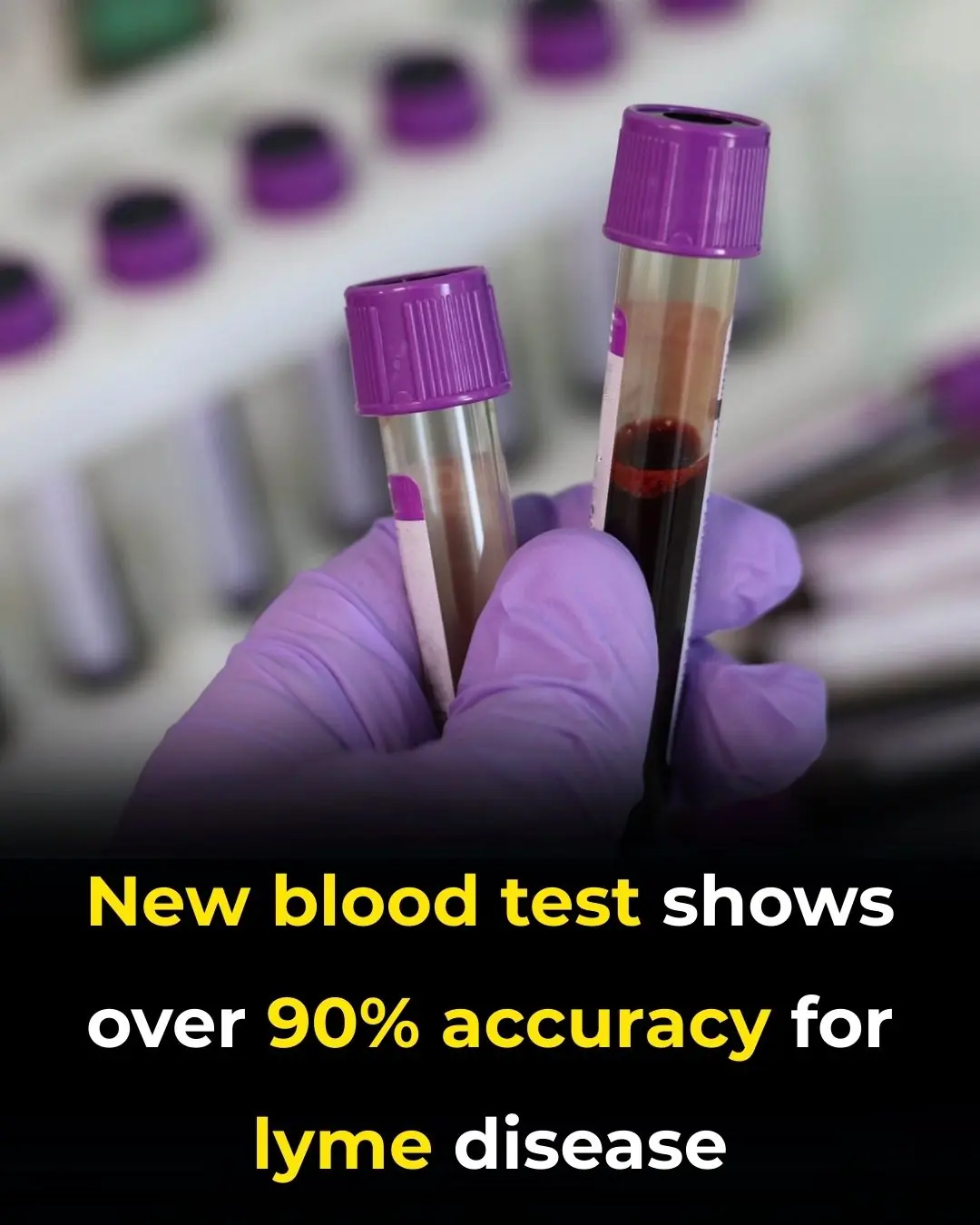
New Blood Test Shows Over 90% Accuracy for Lyme Disease

Is AI Use Causing Endoscopists to Lose Their Skills?

Florida Man Struck by Lightning Wakes Up With Heart Beating 265 Times a Minute
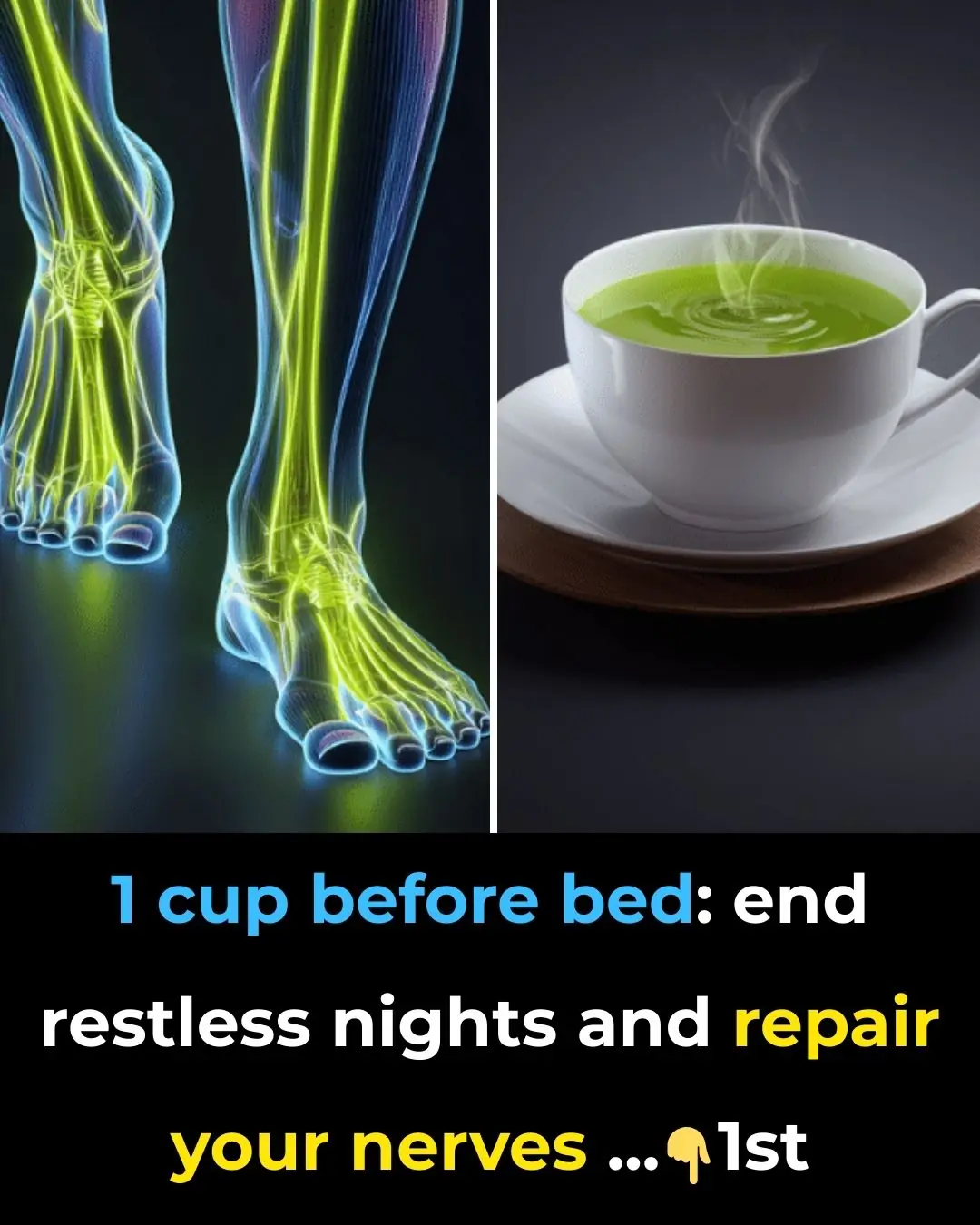
1 cup before bed: end restless nights and repair your nerves
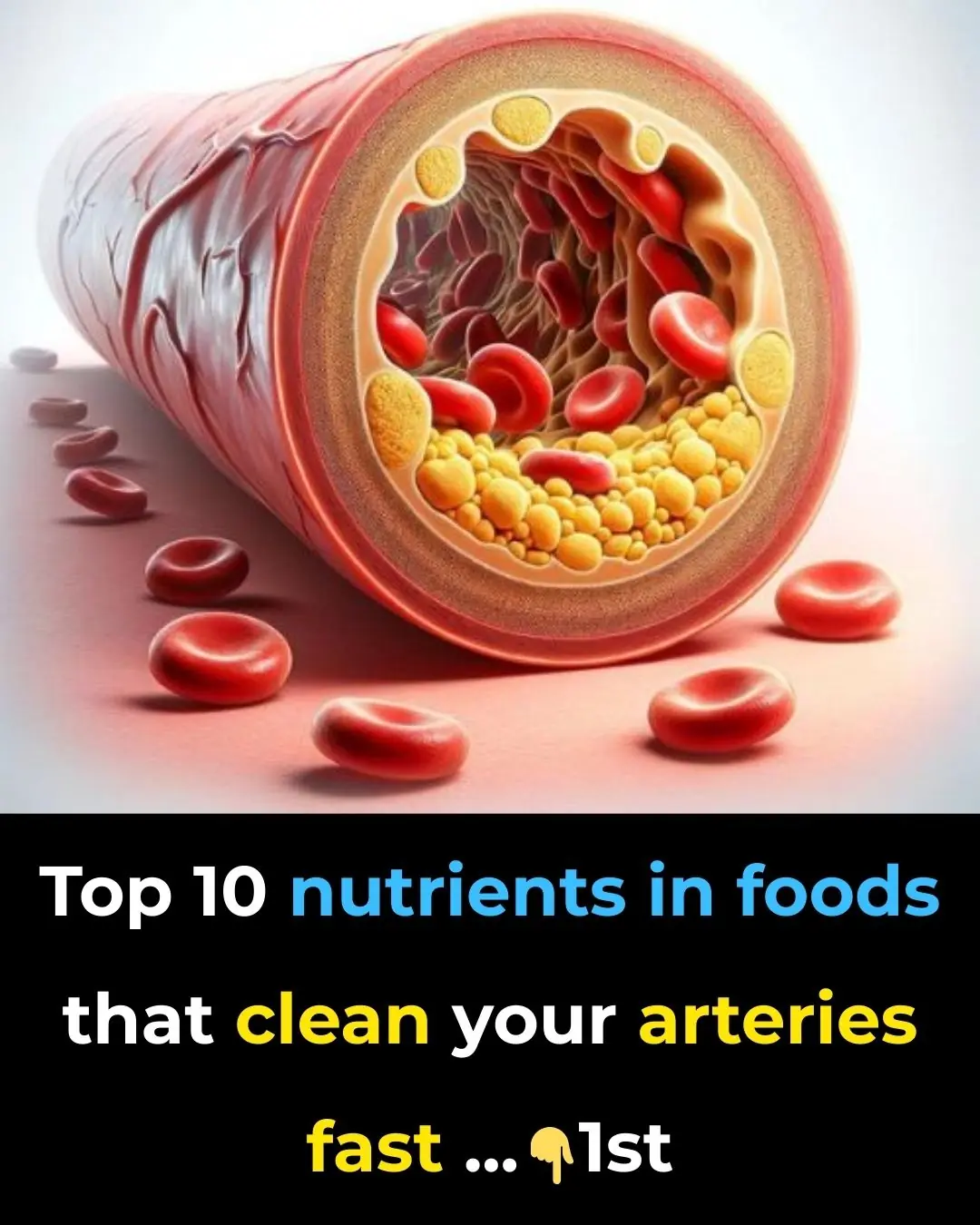
Top 10 Nutrients in Foods that Clean Your Arteries Fast

Scientists Uncover A Natural Way to Restore Vision

Remedy For Falling Asleep Quickly

Sleeping Enough But Still Tired
News Post

Arkansas woman accidentally discovers $27,000 dollars after kicking 'spiderweb' in park

Exactly how virus carried by 'Frankenstein' rabbits growing black 'tentacles' spreads following urgent warning from experts

The Elders' Teachings Are Not Wrong: "The Kitchen Should Not Face Three Directions, and the Bed Should Not Be Placed in Three Locations"

5 Types of Plants That Snakes Love: If You Plant Them in Front of Your House, Remove Them Immediately Before It’s Too Late

If Your Non-Stick Pan Has Lost Its Coating, Don’t Rush to Throw It Away. Follow This Trick to Turn Your Old Pan Into a Like-New One.

Cooking Oil Often Splashes When Frying? Add This Ingredient to the Pan, and You Won't Have to Worry About Oil Splattering or Sticking to the Pan

Is It Correct to Close the Door When Using the Air Conditioner? Here Are 5 Mistakes That Can Cause Your Electricity Meter to Increase 2-3 Times

Boiling Eggs with Just Water is Not Enough: Add This Ingredient, and the Eggs Will Cook Evenly, Have a Rich Flavor, and the Shells Will Peel Off Easily

Do Not Ignore These 10 Warning Signs That Your Kidneys May Be In Danger

Buying Meat and Just Placing It Directly in the Freezer for Storage is a Mistake: The Shop Owner Shares a Trick to Keep Meat 'Fresh for a Whole Year' Without Spoiling

Sprinkle a Little of This Powder into the Oil Before Frying, Everyone Will Be Amazed by Its Incredible Effectiveness

If Your Body Suddenly Jerks While Falling Asleep, This Is What It Means
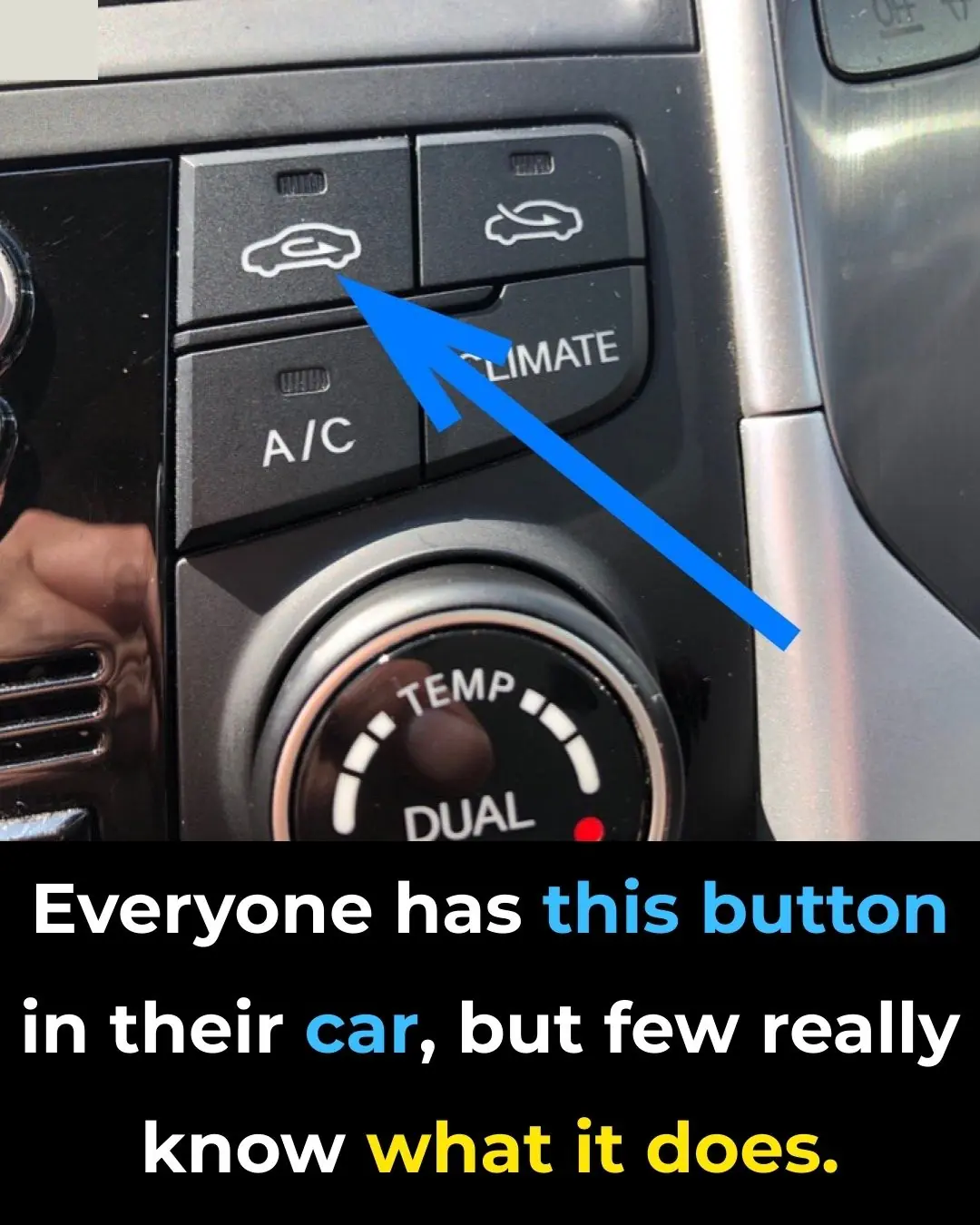
What Is This Button In The Car For

How Long Cooked Food Can Stay In The Refrigerator

If You Eat Eggs Every Day

Vegetables To Clean Your Arteries And Prevent Heart Attack

Pain in This Part of the Body Could Indicate Cancer Cells are 'Awakening' – Both Men and Women Shouldn't Ignore It

14 Early Warning Signs You're Dangerously Low on Magnesium
